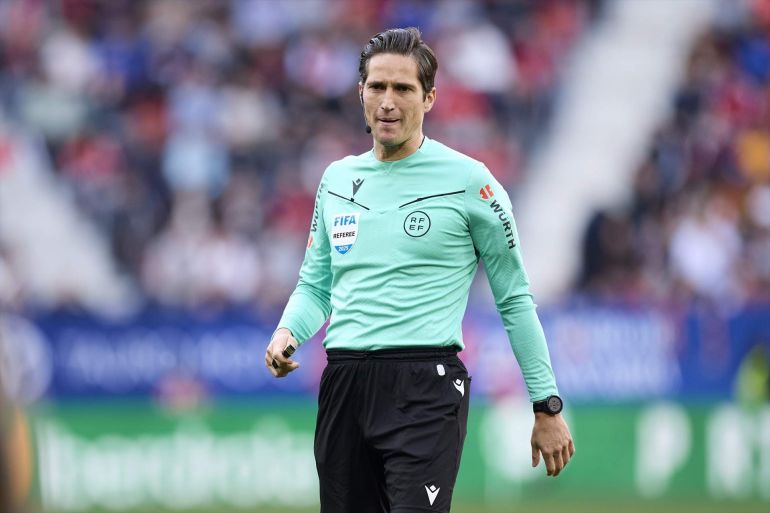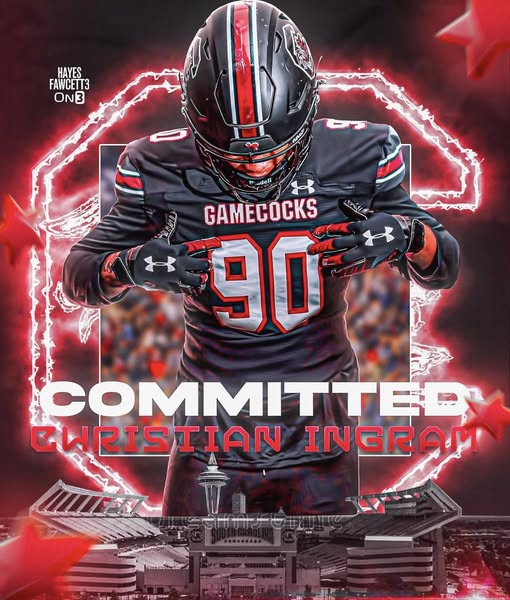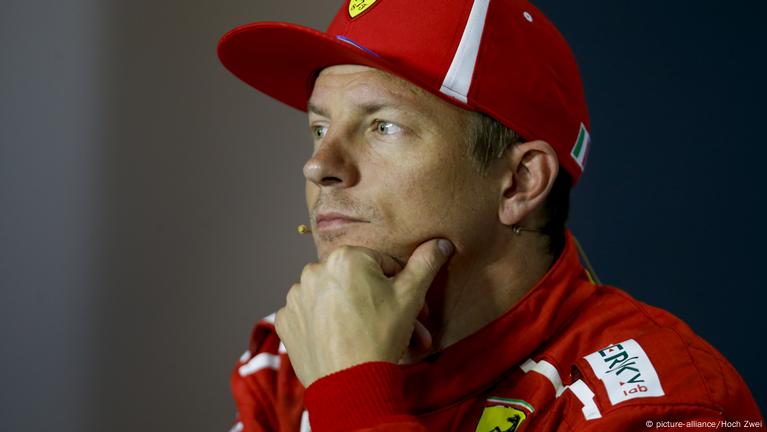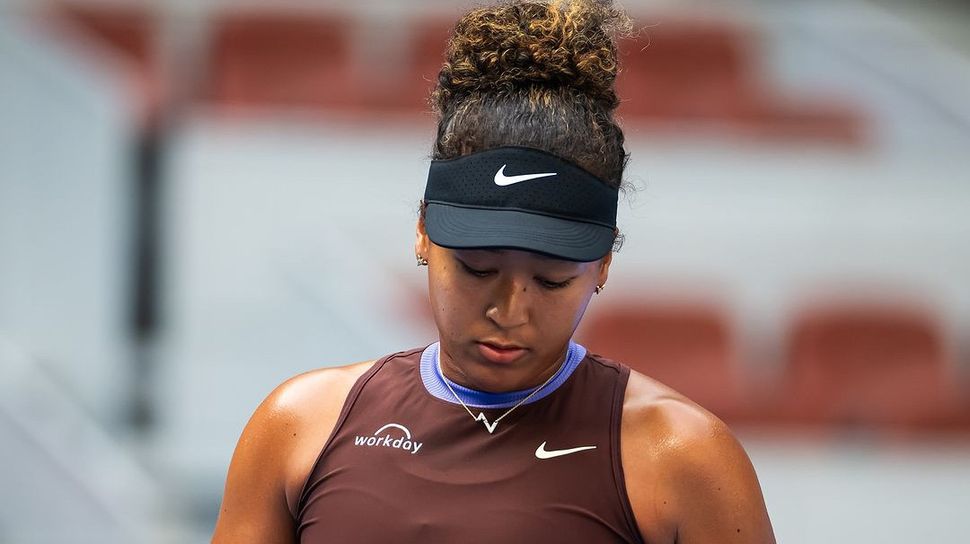Atletico Madrid has intensified its rivalry with Real Madrid through a series of pointed social media campaigns, highlighting tensions over officiating and perceived pressures on referees. These actions underscore the ongoing friction between the two Madrid clubs and their differing perspectives on match officiating.
Background: The Refereeing Controversy
The controversy began following Real Madrid’s 1-1 draw against Osasuna on February 15, 2025. During the match, Real Madrid midfielder Jude Bellingham was shown a straight red card for allegedly swearing at referee José Luis Munuera Montero. The Spanish Football Federation (RFEF) issued a two-match ban to Bellingham, citing “contemptuous or inconsiderate attitudes towards referees, officials, or sports authorities.” Real Madrid appealed the decision, asserting that Bellingham had not insulted the referee but had made an expression to himself. However, their appeal was unsuccessful, and the ban stood.
Atletico Madrid’s Response
In the wake of these events, Atletico Madrid launched a series of social media posts that appeared to mock Real Madrid’s complaints about officiating. On February 19, 2025, Atletico Madrid tweeted:
“The machinery has been running for several weeks and crushes everything in its path. Let’s see who is brave enough to deliver justice next knowing that they could be next…”
This message was accompanied by the hashtag #StopRefereeHarassmentNow and tagged the Royal Spanish Football Federation (RFEF), the Technical Committee of Referees (CTA), LaLiga, and the Higher Sports Council (CSD).
The tweet was widely interpreted as a critique of Real Madrid’s alleged efforts to influence refereeing decisions, suggesting that such actions create an environment where referees are hesitant to make impartial decisions for fear of becoming targets themselves.
Further Criticisms and Mockery
Atletico Madrid’s social media campaign continued with additional posts that seemed to mock Real Madrid’s stance on refereeing. In one instance, they posted a series of ironic tweets questioning the meanings of terms like “pressurize,” “intimidate,” “coerce,” “scare,” “influence,” and “impose,” implying that Real Madrid was employing these tactics.
Additionally, Atletico Madrid shared images accusing Real Madrid of using their official TV station to pressure referees and deploying a network of friendly journalists to spread their narratives. These posts were accompanied by the hashtag #StopRefereeHarassmentNow, reinforcing their call for an end to perceived referee intimidation.
Reactions from Real Madrid and La Liga
In response to Atletico Madrid’s social media campaign, Real Madrid maintained that they were addressing refereeing issues through official channels and had no involvement in media campaigns.
La Liga President Javier Tebas also weighed in on the situation, accusing Real Madrid of “losing their minds” over refereeing complaints. He criticized the club’s public statements and suggested that such behavior was unbecoming of a club of Real Madrid’s stature.
Implications for Spanish Football
The exchange between Atletico Madrid and Real Madrid highlights the deep-seated rivalries and the intense scrutiny of officiating in Spanish football. Atletico Madrid’s social media campaign reflects a broader frustration with what they perceive as undue influence on referees, while Real Madrid’s complaints underscore their dissatisfaction with recent officiating decisions.
This public dispute raises questions about the effectiveness of official channels in addressing refereeing concerns and the role of social media in modern football discourse. It also underscores the need for transparent and fair officiating to maintain the integrity of the sport and the relationships between clubs.
Conclusion
Atletico Madrid’s recent social media campaign against Real Madrid has intensified the ongoing tensions between the two clubs, particularly concerning issues of refereeing and perceived pressures on officials. As the rivalry continues to evolve, it remains to be seen how these public disputes will influence the dynamics of Spanish football and the broader football community



